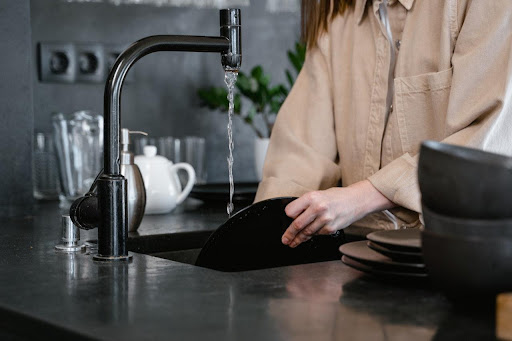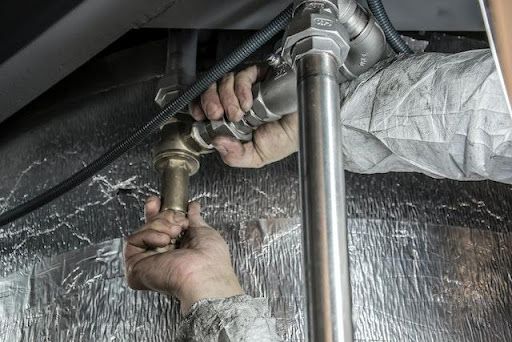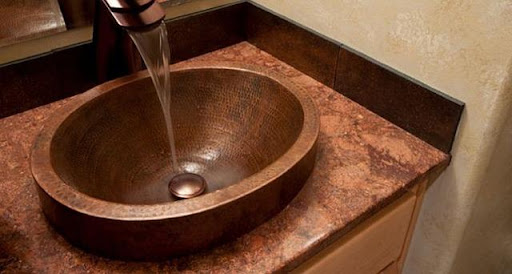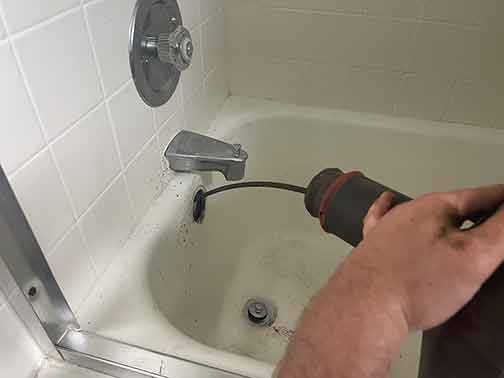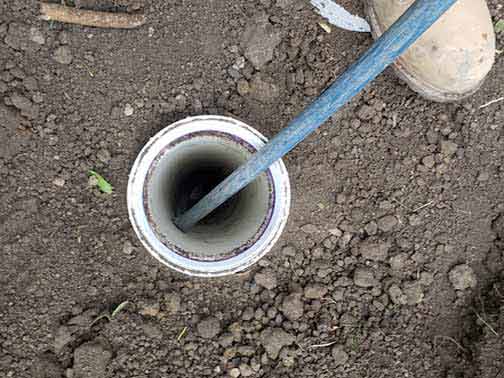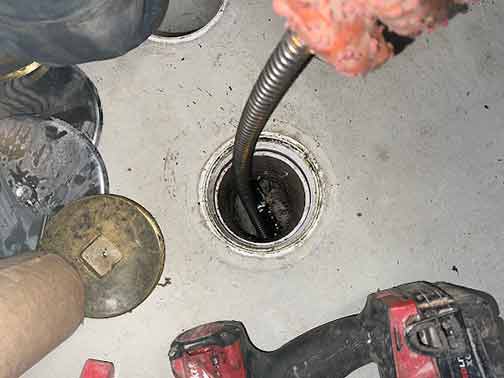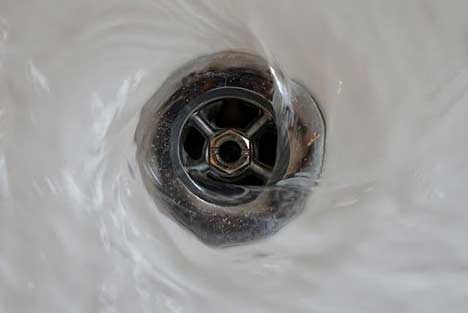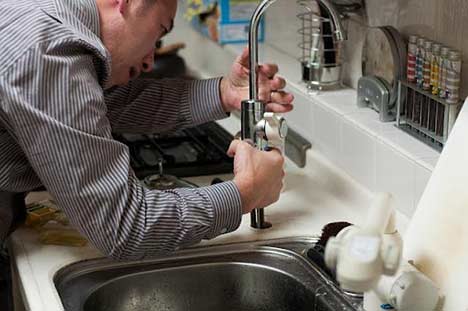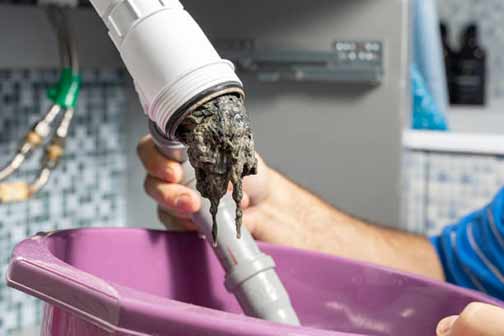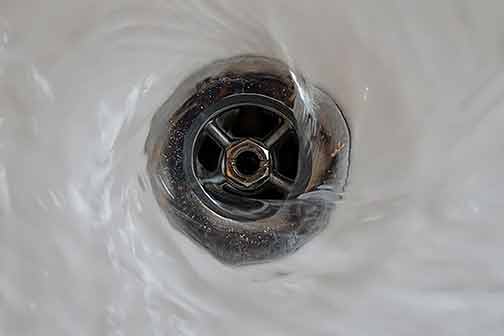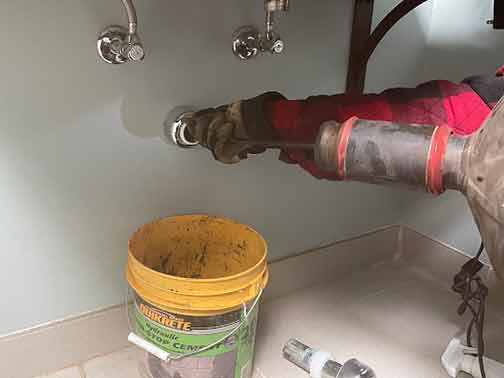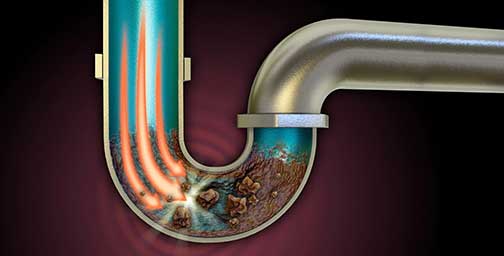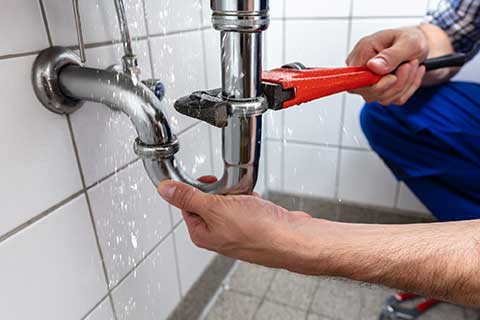Your home’s drain system is the primary waste disposal system for all the liquid and semi-solid waste generated. These can include raw sewage from the toilet, dirty bathwater, and of course, used water from the kitchen sink containing tiny food particles.
With all these different types of wastewater flowing into it, the drain system needs to be tough. Homeowners should not have to constantly worry that their home’s drains will break down. Indeed, most of the time, the drain lives up to these high expectations.
But not all the time:
Lyon Property Management explains that is because certain types of waste generated in your home are completely incompatible with the home’s drain system. Even though they are liquid or semi-liquid in nature, fats, oils, and grease (FOG) are the thing that should never go into your home’s drains.
Yes, dumping grease and oil into the sink after you finish cooking bacon or sautéing vegetable is an easy way to get rid of these used-up materials. But that simple act can trigger a series of events that may damage your home and cost you tens of thousands of dollars.
Fats, oils and grease (FOG) will not only harm your home’s drainpipes, but they can also undermine the function of the entire municipal sewer system. The effects of pouring grease into your sink drain are not limited to your home, and the cost of fixing those issues is monumental.
Why is grease such a big problem for drainpipes?
Why you should never pour grease down the drain
Effects of grease on your main sewer line
Grease is usually runny when you pour it into the sink because it is still warm. But once it reaches room temperature inside the drainpipes, it will solidify into a hard mass that is not easily transported by the water inside the drainpipes.
The now-solid grease can stick to the sides of pipes and trap debris contained in wastewater. If there are materials like wipes, eggshells, pads, condoms or paper towels inside the drain, these will also stick to the grease, making the problem worse.
Over time, as the mixture of grease and debris grows bigger, it will slow the wastewater inside the pipes to a point where debris routinely settles around the area. Given enough time, the entire pipe channel in that location can be blocked completely.
If this happens, your home will start to experience problems with slow drains; drains will be simultaneously slow across the entire home. If the blockage in your main sewer line is not found and removed, it may eventually lead to a sewer backup inside your house.
Cleaning up a sewer backup in the home will cost anywhere from $100-$900, depending on the severity. This does not include the cost of fixing the damage to your home. The bill for those additional repairs can easily exceed ten thousand dollars.
But all these issues can be averted if you build the simple habit of getting rid of grease properly. Used-up grease should be put into a sealed container, such as a bottle, and allowed to cool before being put inside the trash can.
2. Effects of grease on municipal sewers
If grease finds its way out of your main sewer line into the city sewer line, it can cause even bigger problems. Just as it does inside your home’s drainpipes, grease will solidify when it enters the municipal sewer system.
But this time, the problem is at a massive dimension. That single blob of grease from your home will meet up and combine with blobs of grease from other people’s homes until they form a large hard mass inside the city sewers.
These huge masses of grease break down into fatty acids that combine with the calcium inside the wastewater in the sewer lines to form a soap-like compound known as a “fatberg.” Fatbergs can grow to enormous sizes – over a ton – inside municipal sewer systems.
Once in place, fatbergs will cause sewer backups that affect all the homes in a community. If the sewer backup in your home is due to fatbergs in the city sewers, cleaning up your home’s main sewer line will not solve the problem.
Fatbergs can be cleared out of city sewers, but it takes weeks. This does not even consider the amount of damage fatbergs do to sewer pipes or the ecological impact of fat blobs finding their way into surrounding water bodies.
But solving this problem is as simple as preventing it. The way to do it is by making sure grease never finds its way into your home’s drains. You can do that by teaching everyone in your household to always dispose of used-up grease properly.
If you accidentally pour a small amount of grease into your kitchen sink, follow it with hot water and a mixture of vinegar and baking soda. This will not solve the problem, but it can help to reduce the impact of that grease on the drain system and the environment.
